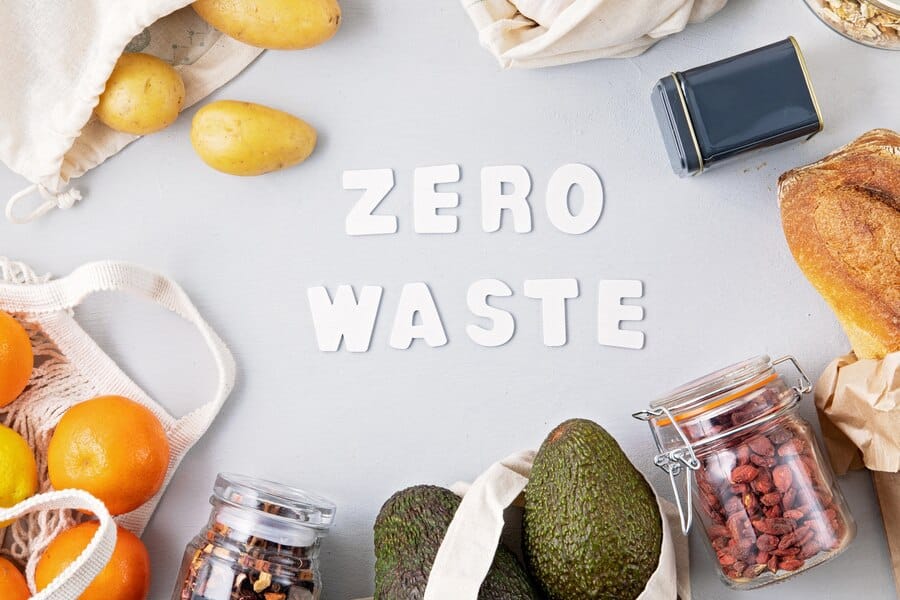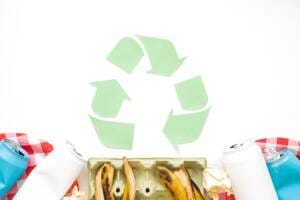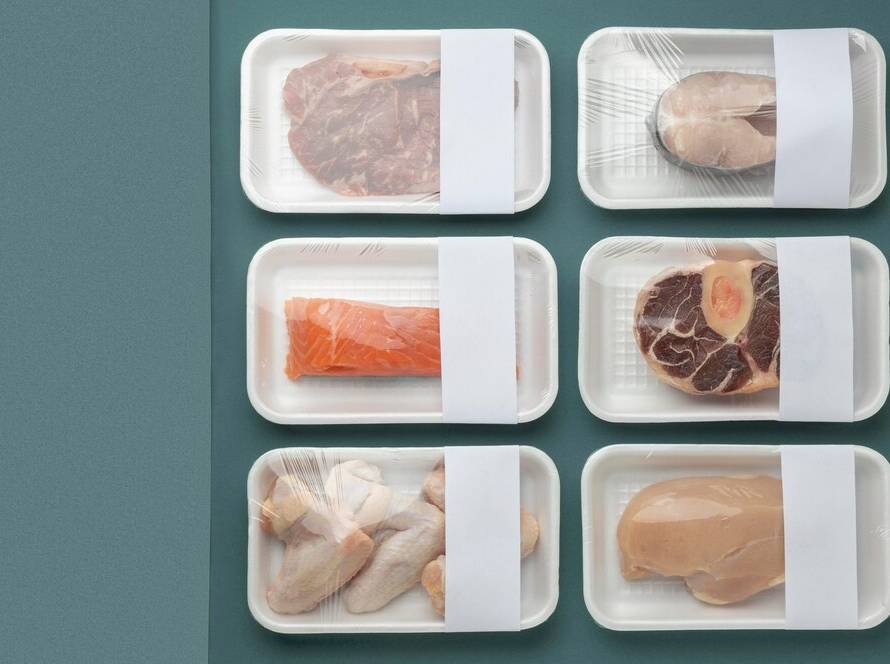
recycling food products is the process of converting unused or waste food into new products that can be reused, instead of being disposed of randomly or wasted. This not only helps reduce resource waste, but also reduces negative environmental impacts and promotes sustainability in the food industry.
In this article, we will discuss the importance of recycling food products and highlight some practical examples through which food waste can be used in various industries.
What is recycling food products?
recycling food products is the process of converting surplus or remaining food from production processes into new products. This includes reusing fruits and vegetables that are not suitable for direct consumption or converting waste into raw materials that can be used in other industries. This process is considered one of the effective solutions to reduce food waste and mitigate waste.
Benefits of recycling food products:
The main benefits of food recycling are:
1-Reducing food waste: Recycling food products can help reduce the waste that occurs during production, which means that food resources can be used more effectively.
2-Environmental Sustainability: By recycling food, the pressure on the environment resulting from waste disposal can be reduced, leading to reduced carbon emissions and energy savings.
3-Resource Saving: By recycling food products, the natural resources used in food production are preserved, reducing the need for new raw materials.
How to implement recycling food products in food companies?
Food companies must adopt recycling practices at different stages of production. These processes can be implemented through:
1-Waste Analysis: The first step is to identify the types of food waste that can be recycled.
2-Research and Development: Developing new products using food waste requires investment in research and development.
3-Collaboration with other companies: Collaboration with other companies or research institutes to convert waste into materials that can be used in other industries.
Examples of food product recycling:
1- Recycling coffee in the perfume industry
A great example of food product recycling is the use of coffee bean residues in the perfume industry. After roasting coffee beans, some residues are left that contain strong aromatic compounds. In some countries, many producers have started using this residue to produce perfumes containing scents extracted from coffee. This not only helps reduce waste, but also creates new and in-demand products in the market.
2- Utilizing orange peels in the detergent industry
In the detergent industry, orange peels, which are considered food waste, can be used to produce natural oils used in the manufacture of detergents and perfumes. This type of food product recycling not only helps reduce waste, but also creates a new market for environmentally friendly products. Major companies such as The Body Shop have started using these recycled materials to develop cleaning and body care products based on natural ingredients extracted from food.
3- Recycling bread in the animal feed industry
In some countries, excess or inedible bread residues are collected for recycling in the animal feed industry. Not only does this initiative help reduce food waste, it also provides a cheaper source of raw materials for the feed industry. Companies like The Real Junk Food Project in the UK have started using this idea as part of their strategy to reduce food waste and provide sustainable solutions.
4- Recycling leftover vegetables and fruits in the juice industry
Several companies have started recycling leftover vegetables and fruits that are not sold due to spoilage or deformation to make juices. These juices contain vitamins and minerals that contribute to improving health, and they also reduce food waste. For example, Tesco in the UK has established an initiative to collect leftover fruits and vegetables to produce natural juices that are sold in its markets.
5- Recycling banana peels in the health food industry
An interesting example of recycling food products is the use of banana peels in the health food industry. In some countries, banana peels are converted into nutritional powder or slices that are used as a nutritional ingredient in foods such as cookies, snacks, or even juices. This type of product enhances the health benefits and increases the nutritional value of the converted products.
6- Utilizing Tiger Nut grain waste in the manufacture of gluten-free products
After producing Tiger Nut drink from Tiger Nut grains, Tiger Nut grain waste is obtained, which contains many beneficial nutrients such as proteins, fibers, and minerals. This waste can be innovatively recycled in the manufacture of various food products, including gluten-free toast and cookies.
Recycling Tiger Nut grain waste can contribute to the manufacture of healthy and nutritious products for those with gluten sensitivity. For example, Tiger Nut grain waste can be ground into a fine powder that can be used as a substitute for flour in preparing toast and cookies. These products will be rich in fiber and vitamins, in addition to being gluten-free, making them ideal for those who follow special diets.
In addition, Tiger Nut grain powder can be mixed with other ingredients such as nuts or chia seeds to produce nutritious and easy-to-prepare cookies or toast. These products not only provide a healthy alternative, but also contribute to reducing food waste and achieving sustainability in the food industry.
Moving towards greater sustainability in the food industry
With the growing global awareness of environmental issues and climate change, the food industry is moving towards adopting sustainable policies that include recycling food products. Modern recycling technologies have begun to transform food waste into valuable materials that can be used in a variety of industries, whether in the manufacture of food or non-food products.
Recycling food products is an effective solution not only to reduce food waste, but also to improve production efficiency and reduce environmental costs. If companies implement these practices, they will help achieve sustainable growth and expand into new markets.
How can food companies benefit from recycling food products?
The benefits of recycling food products are not limited to small companies only, but large food companies can also benefit from this process. These companies can implement recycling strategies at several stages of the production line, from manufacturing to the packaging stage. Through research and development in recycling technologies, these companies can:
1- Reduce costs: by reducing the need to purchase new raw materials and directing waste to other uses.
2- Achieve environmental excellence: Adopting recycling policies enhances the image of companies in the market as environmentally responsible brands.
3- Expanding new product markets: By developing new products using food waste, companies can attract a new segment of customers who care about sustainability.
Recycling food products is not just a way to reduce waste, but it is an important step towards achieving environmental and economic sustainability in the food industry. Through innovation and technology, food waste can be transformed into new products that contribute to achieving significant economic and environmental benefits.
If you are interested in applying this idea in the food industry, ProNano Food Industry Consulting can provide professional advice that will help you improve food recycling processes and achieve sustainability in the food industry. You can contact our company to obtain specialized advice on how to make the best use of food waste.
Read more about food market trends in 2025



